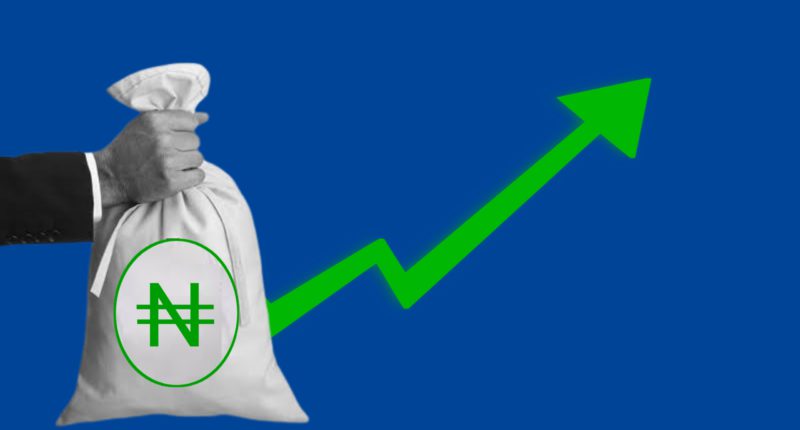The Central Bank of Nigeria (CBN) at the last Monetary Policy Rate (MPR) meeting on Monday raised the country’s interest rate from 14 percent to 15.5 percent. This would be the third time in the year Nigeria’s apex bank is raising its interest rate to battle inflation.
The impact on savings
Due to the increase in interest rate or monetary policy rates to 15.5 percent, Nigerian local banks are mandated by the CBN to pay their customers at least 4.65 percent interest on savings deposit accounts. An increase of 0.45 percent from 4.2 percent.
This is because the savings deposit rate, pegged at 30 percent, is the rate banks pay customers for depositing money into their savings account. So, as the interest rate rises, the saving deposit rate follows the same trend by assuming 30 percent of the former. This implies that when the interest rate was 14 percent, banks paid 4.2 percent (which is 30 percent of 14 percent). Now, banks would pay 4.65 percent (also 30 percent of the new interest rate of 15.5 percent).
What’s more
Usually, an increase in the interest rate projectively encourages customers to increase savings, which in turn serves a contractionary monetary purpose. However, in the current economy, any money saved loses its purchasing power as the current inflation rate of 20.52% in August 2022 surpasses both interest rate and savings deposit rates.
This implies that as the inflation rate rises above the interest generated on savings, the customer loses money. Continuous rise in inflation deteriorates a consumer’s purchasing power.

